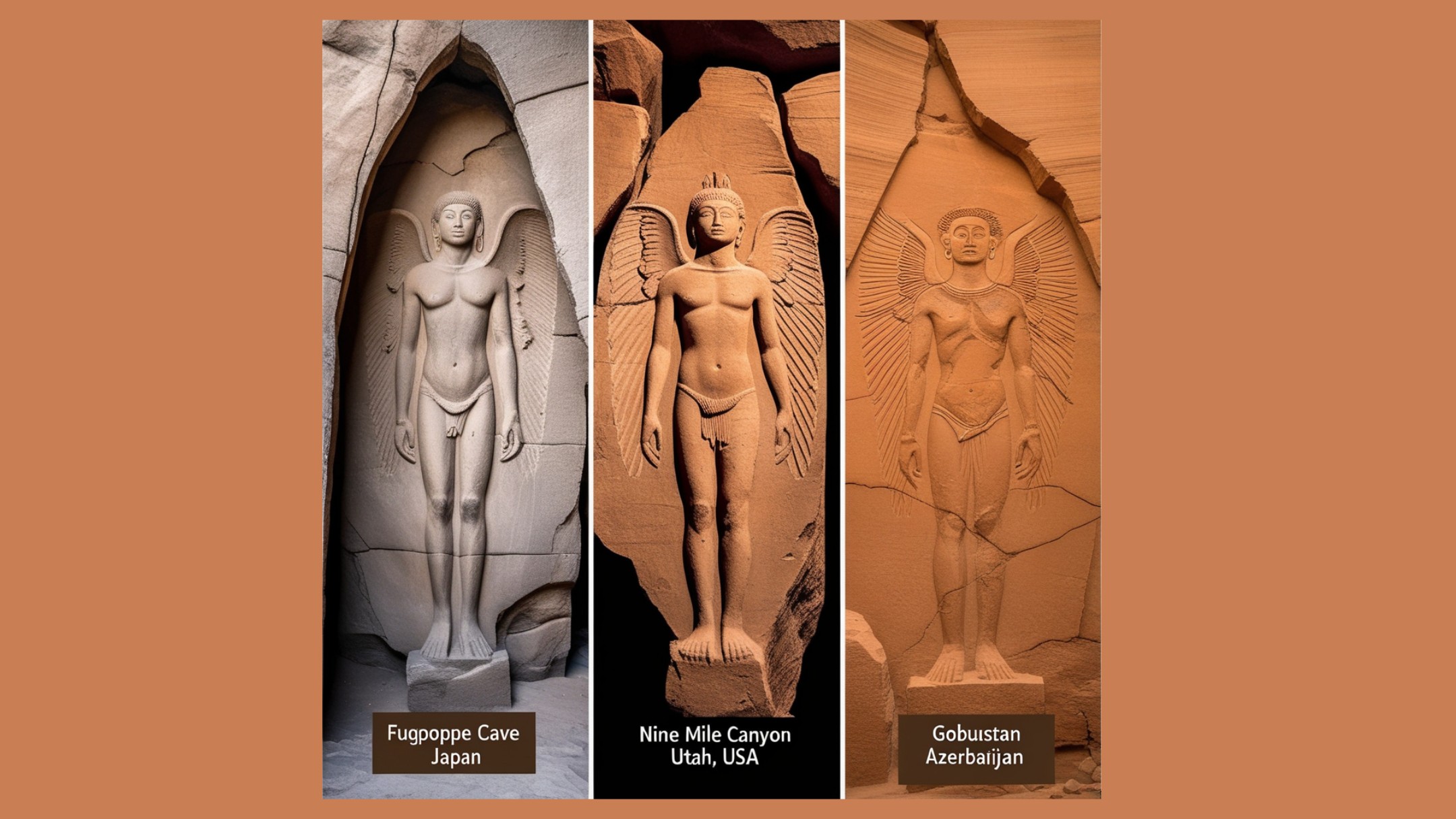Ancient Winged Petroglyphs: A Global Mystery
Across the globe, historical petroglyphs that includes winged or traveling figures spark fascination and discussion. Located in disparate spotsâÂÂFugoppe Cave in Japan, Nine Mile Canyon in Utah, United states, and Gobustan in AzerbaijanâÂÂthese carvings, established 1000s of a long time apart, share a strikingly very similar motif. What do these winged beings characterize?
In Japan's Fugoppe Cave, courting again 7,000 a long time, human-like figures with wing-like extensions counsel spiritual or shamanic importance. Equally, the Nine Mile Canyon petroglyphs, designed one,000âÂÂtwo,000 many years back by Indigenous American cultures, depict anthropomorphic figures that could symbolize spiritual messengers or shamans. Meanwhile, AzerbaijanâÂÂs Gobustan rock art, as much as 10,000 decades old, options winged figures believed to stand for mythological deities or divine beings.

Theories about this shared imagery vary from impartial progress pushed by universal human encounters to the potential for historic cultural exchanges. Irrespective, these carvings emphasize a deep human fascination with flight, transcendence, and spirituality, providing a glimpse into your shared creativeness of our ancestors.
Discover this intriguing thriller additional and uncover humanityâÂÂs historic connections etched in stone.